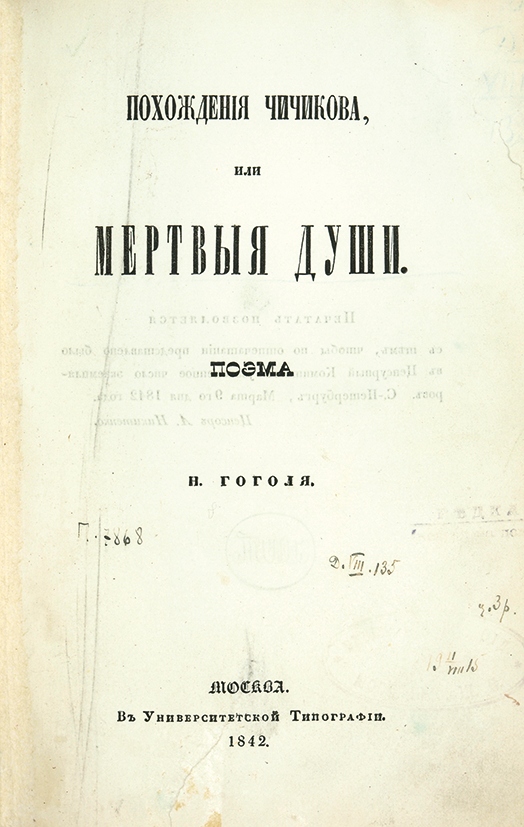“He wanted to cry quietly but not for himself: for the words, so beautiful and sad, like music.”
― James Joyce, A Portrait of the Artist as a Young Man
I love reading and I love books. I don’t seem to find enough time to read though, so often these days I listen to books. That might sound weird, but it really isn’t . In this ‘section’ I hope to say something about what I read, because pretty much always a book has values, lessons and thoughts to convey that you carry with you. Many great people say that you have to write, but more so they say that you should read. I try to read the books, but there’s nothing wrong with an audiobook. I will probably say more about that in another blogpost sometime later.
Wil Wheaton – ‘Just A Geek’
Wil Wheaton – ‘Dancing Barefoot’
So I listened to both these audiobooks. Why audiobooks? Well, in this particular case because the writer is also the narrator that does the audiobooks. How about some word from the horse’s mouth. Will tells the stories of his post-Star Trek carreer in ‘Just A Geek’. It’s not the tale of succes, but the story of self acceptance, finding your passions and loving your family. Chosing what comes first. It’s a great story based on his blog, which I think inspired me to start this particular blog. I put up this little thing here so you can listen to it. Wil is a talented writer, with plenty of humor and self deflating honesty. I won’t say too much about ‘Dancing Barefoot’, because its a bit more of the same, just less coherent. It’s more upbeat, highlighting episodes of his life. I really recommend these to every geek, learn about life, and what the idea behind Wheatons Law really is. I think it’s at the heart of who Wil Wheaton is.
Gaius Suetonius – ‘The Twelve Ceasars’

I’ve always had a keen interest for ancient history. Though in the past I used to skip over books that dealt with the Romans, this time I figured to give it a go. Suetonius wrote his works on the emperors a long time ago. He clearly didn’t like the first few much. We already know Caligula and Nero as monstors and madmen, but I never knew that Tiberius (my favorite emperor for the simple reason that he was in Age of Empires I), was such a depraved man. Unfortunately, it’s fair to doubt a lot of the information Suetonius gives us, since he is basically using a lot of gossip and word of mouth in his writing. Still the portraits he draws are of high value for our understanding of these times and put a lot of perspective on Roman History. On the later emperors he’s a bit more sparing with his information, which might have more to do with the time he was living in (70 AD – 140 AD). A great work for those interest in a genuine feel of the times.

Nicolai Gogol – ‘Dead Souls’
I don’t think of literature as something that is per se elitist. I do think you need to know what you get yourself into, when you start reading the Russian literature. People tend to think of it as heavy and dense, which is absolutely true. The Russian cultural history, of which many writers like Dostojevsky, Turgenev and others write, is full of protocol and ancien regime behaviour. Characters are dramatic and full of emotions, landscapes are dreary and forlorn. Though Gogol’s twisted romanticism with hints of early surrealism may seem a bit more modern, the general style is exactly what you expect. Sometimes going on for pages, it’s hard to keep track of the story at all. Still there is much amusement in this work, wit and drama. I do believe this book depends strongly on its time period and temporary culture. To get a feeling of that, this is also a worthy read.
I’m currently checking out some other stuff:
James Joyce – The Portrait Of The Artist As A Young Man
Noam Chomsky – Class War: The Attack On Working People
Cicero – Selected Writings
Francis Fukuyama – The Origins of Political Order
More on that later.

What was the first book you read that got you into more reading?
Why books and not films?